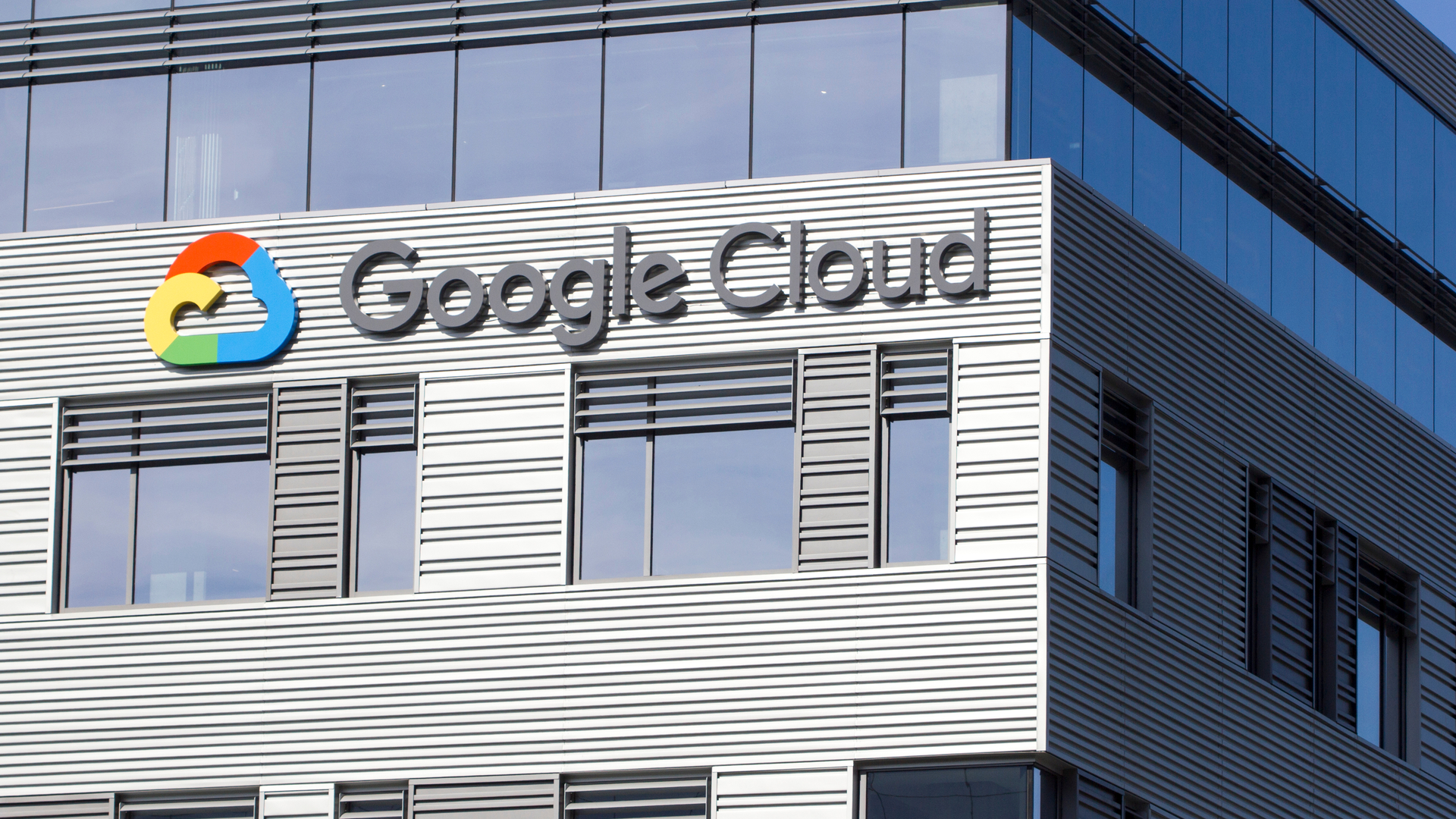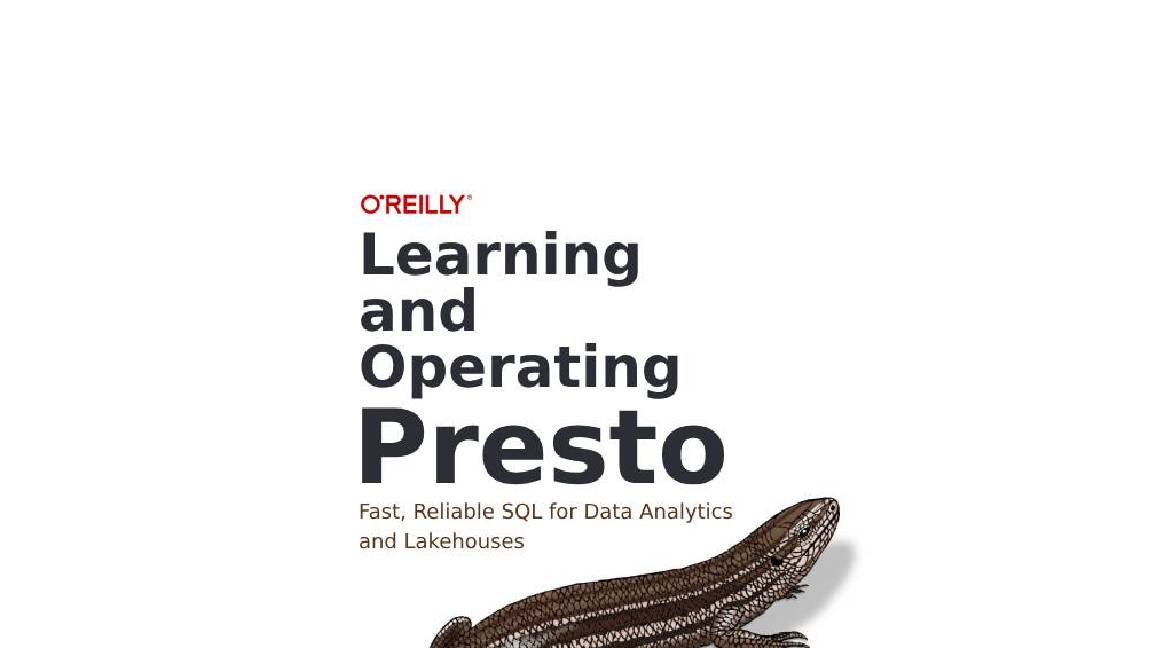Unilever adopts Google Cloud’s complex data processing for conservation drive
The implementation will see Unilever adopt Google Earth Engine, Google Cloud Storage and BigQuery capabilities


Unilever has partnered with Google Cloud to harness its cloud computing and big data processing technologies to gain an overview of ecosystems the business influences, and make supply chain interventions to better conserve the environment.
The multinational consumer goods firm will collaborate with Google Cloud to build platforms that can pave the way for sustainable commodity sourcing by both Unilever and companies in its supply chain.
As part of the implementation, cloud computing will be combined with satellite imaging and AI in order to build a more holistic view of forests, water cycles and biodiversity that intersect Unilever’s supply chain.
By working with Google Cloud’s global geo-spatial platform, which includes the Google Earth Engine, Google Cloud Storage and BigQuery, Unilver can utilise accurate satellite imagery with the ability to store and process large amounts of complex data.
Uniler will use the platform to obtain insights into the impact on its sourcing processes on the environment and local communities and will allow the company and its suppliers to make interventions when they’re required.
The project will demand that complex datasets are simplified and analysed in order to increase transparency within supply chains and allowing collaboration across public sector and private partners. The Google Earth Engine is currently used by academic and public institutions, as well as civil society groups, and this represents the first commercial venture by the project.
“At Google, we strive to build sustainability into everything that we do. Unilever has been an industry leader in environmental sustainability for many years, and we’re excited to be on this journey with them,” said Google Cloud president Rob Enslin.
Sign up today and you will receive a free copy of our Future Focus 2025 report - the leading guidance on AI, cybersecurity and other IT challenges as per 700+ senior executives
“Together, we’re demonstrating how technology can be a powerful tool in aiding businesses who strive to protect the Earth’s resources. It will require collective action to drive meaningful change, and we are committed to doing our part.”
Owning more than 400 brands, and with its products used by 2.5 billion people every day, Unilever bears such a massive footprint on the global environment. The Google Cloud implementation, which contributes to the company’s aim to eradicate deforestation from its supply chain by 2023, will first focus on palm oil use, and then extend to other commodities.
The two companies will work with a number of tech partners to build a centralised command centre that will provide a more complete picture of ecosystems connected to Unilever’s supply chain and create a stronger mechanism for detecting deforestation. This would lead to greater accountability while also prioritising critical ares of forests and habitats that might need special protection.
“This collaboration with Google Cloud will take us to the next level in sustainable sourcing,” said Unilever’s chief procurement officer, Dave Ingram. “We will now be able to process and combine complex sets of data like never before.
“The combination of these sustainability insights with our commercial sourcing information is a significant step-change in transparency, which is crucial to better protect and regenerate nature.”

Keumars Afifi-Sabet is a writer and editor that specialises in public sector, cyber security, and cloud computing. He first joined ITPro as a staff writer in April 2018 and eventually became its Features Editor. Although a regular contributor to other tech sites in the past, these days you will find Keumars on LiveScience, where he runs its Technology section.
-
 Future focus 2025: Technologies, trends, and transformation
Future focus 2025: Technologies, trends, and transformationWhitepaper Actionable insight for IT decision-makers to drive business success today and tomorrow
-
 Delivering an AI-powered content supply chain for retail and CPG
Delivering an AI-powered content supply chain for retail and CPGWhitepaper Solve application modernization challenges with generative AI
-
 B2B Tech Future Focus - 2024
B2B Tech Future Focus - 2024Whitepaper An annual report bringing to light what matters to IT decision-makers around the world and the future trends likely to dominate 2024
-
 Learning and operating Presto
Learning and operating Prestowhitepaper Meet your team’s warehouse and lakehouse infrastructure needs
-
 Delivering secure, trustworthy & scalable AI
Delivering secure, trustworthy & scalable AIWebinar Trend Micro Vision One as a solution to cyber risks
-
 Propel four common machine learning use cases into production
Propel four common machine learning use cases into productionWhitepaper How organizations are accelerating the training and deployment of machine learning models at scale
-
 Accelerate machine learning innovation with the right cloud services and infrastructure
Accelerate machine learning innovation with the right cloud services and infrastructureWhitepaper Easily prepare data, and build, train, and deploy machine learning applications
-
 Four ways AI is helping knowledge workers excel
Four ways AI is helping knowledge workers excelCase Study From medical diagnostics to mining and exploration, many industries are using AI to make their workers more effective

